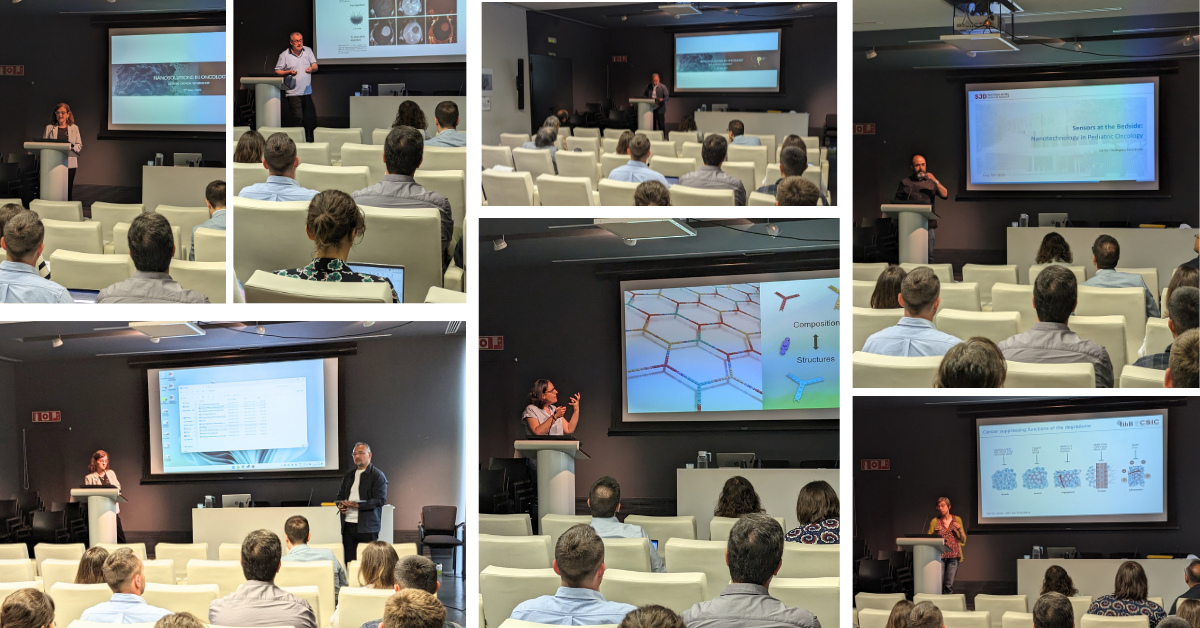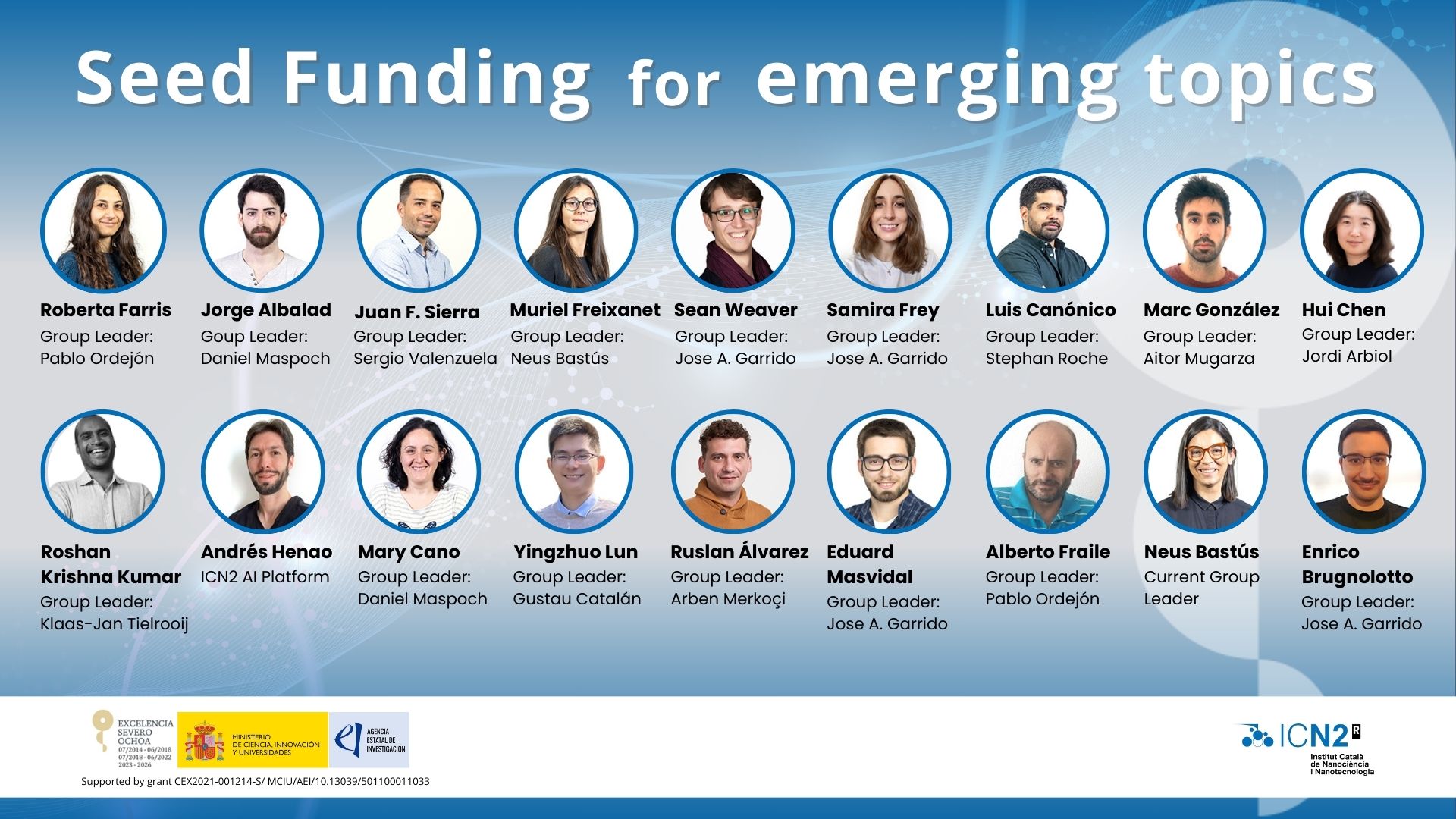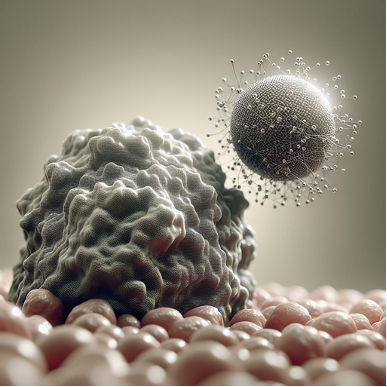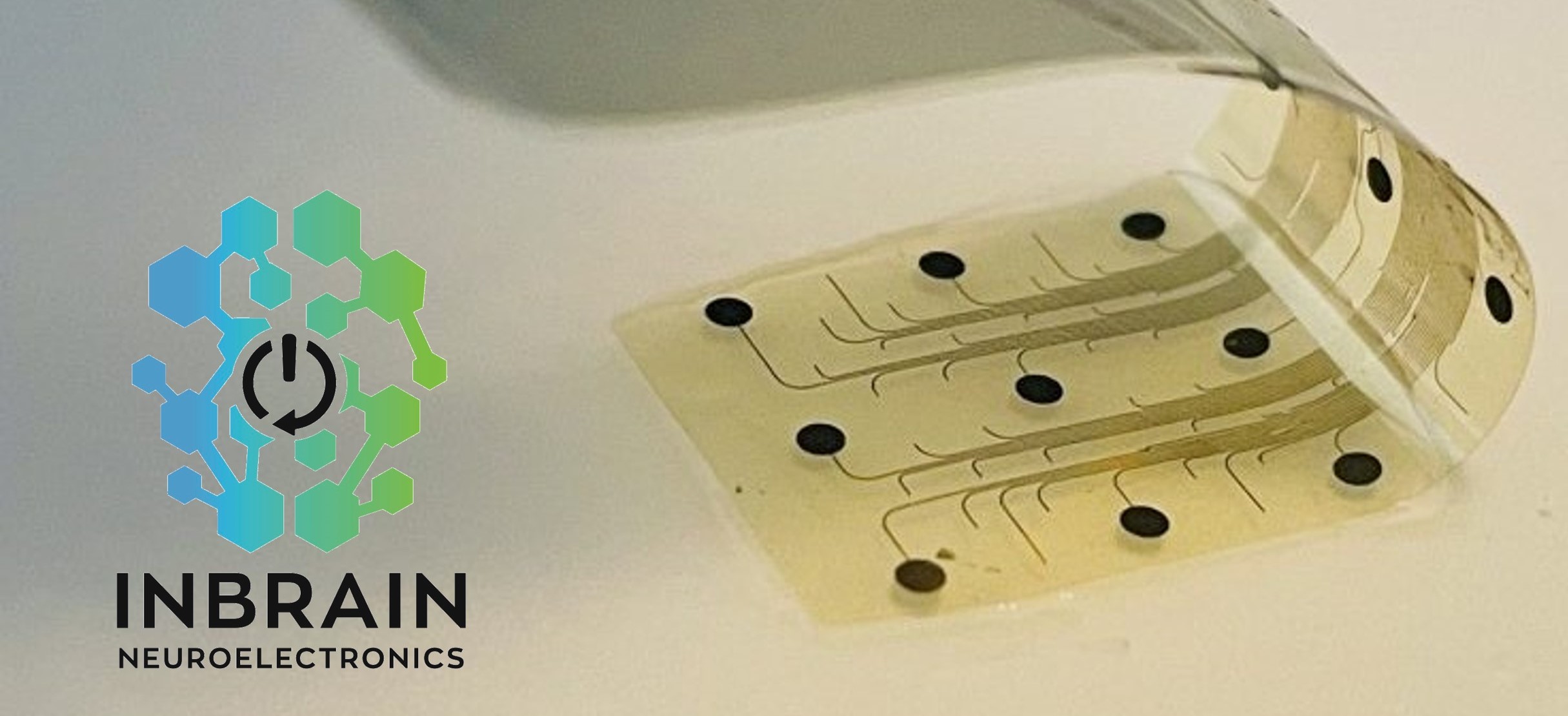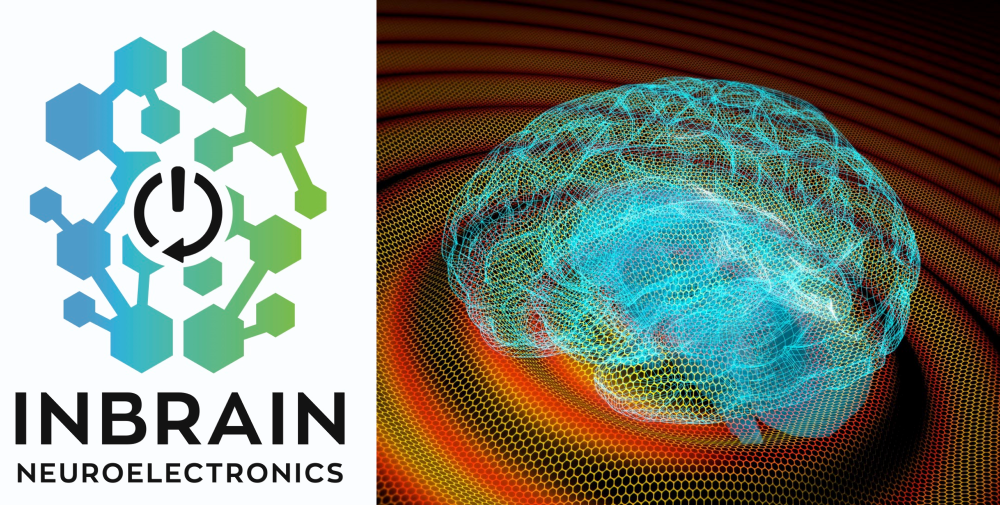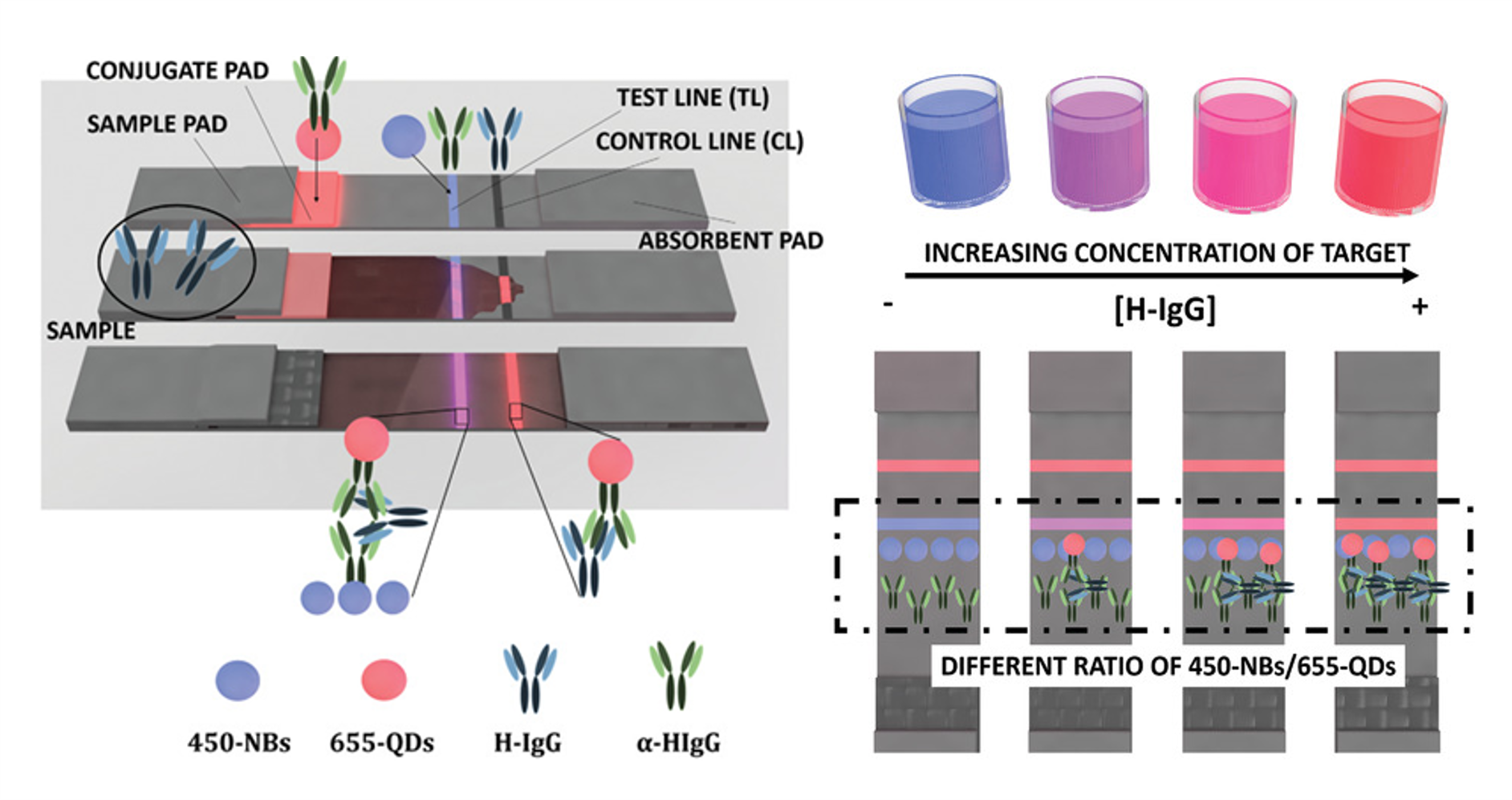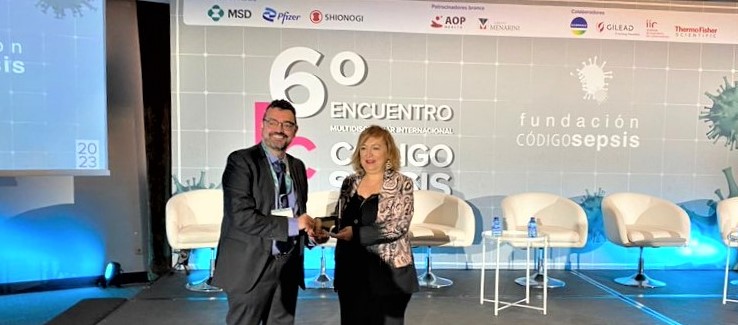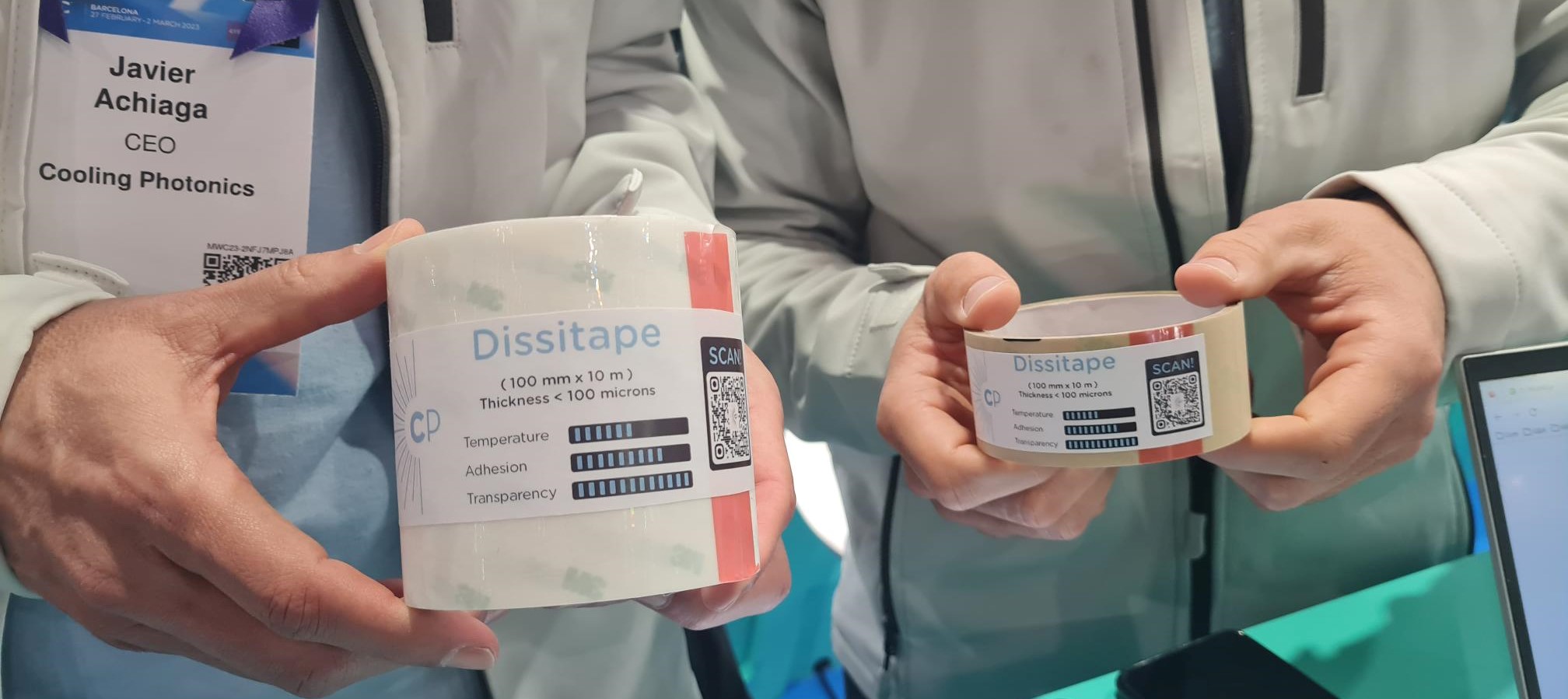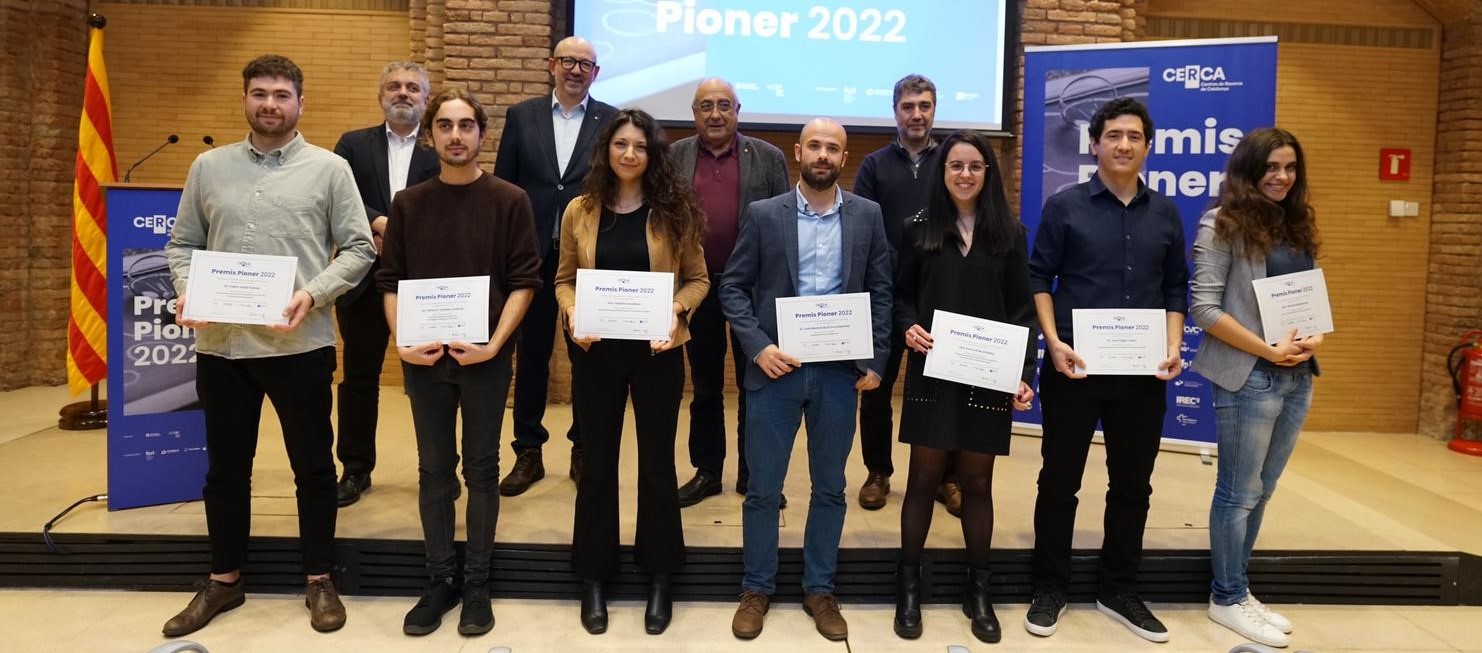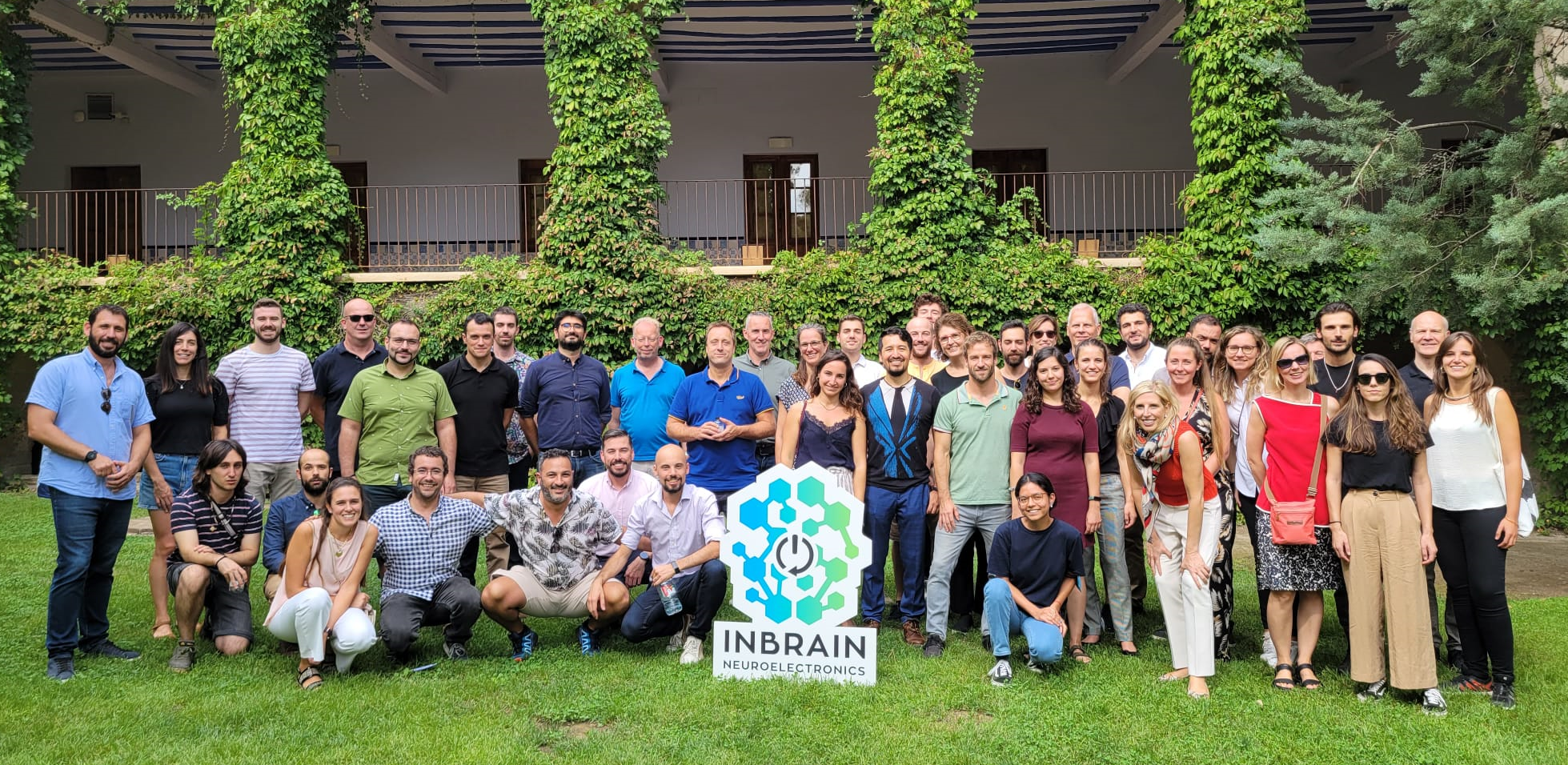Dr. Carlos J. Rodríguez- Hospital Sant Joan de Deu
Carlos J Rodríguez-Hernández received a PhD in Biotechnology in 2006 from the Universitat Politècnica de València (Spain). During his PhD training (Hospital Universitario de Canarias and IBMCP-UPV/CSIC in València) he focused on the molecular mechanism of the diabetogenic properties of an immunosuppressant (Tacrolimus) using different model systems. After the PhD completion, he joined Dr. Joan J. Guinovart’s Metabolic Engineering and Diabetes Therapy Laboratory at the IRB-Barcelona where he studied the putative antitumoral use of an antidiabetic compound and assessed the hepatotoxicity of drugs in development by Noscira (Zeltia). In May 2012, he started working in the Pediatric Oncology Laboratory at the Institut de Recerca Sant Joan de Déu. There, he has been involved in the search for new therapies for high-risk neuroblastoma and the study of epigenetically-driven tumorigenesis in rhabdoid tumors. He also collaborates with the ICN2 in the development of a novel biosensor for the detection and quantification of anti-GD2 immunotherapy in real clinical samples of neuroblastoma patients, a project awarded with a EURONANOMED3 grant. He is a co-author of 12 peer-reviewed scientific publications, 7 of them as first author, with a global impact factor of 87.9 (WOS-JCR), 196 citations, and an h-index of 9 and i10-index of 9 according to Google Scholar (3 publications, 41.3 of global impact factor, 94 citations, h-index of 6 and i-index of 4, since 2020). He has strong experience in cell culture and cell-based assays, animal experimentation, molecular biology and biochemistry, cell signaling, molecular pharmacology, and pediatric oncology.
Dr. Matilde E. Lleonart- Vall d’Herbon Institute of Research-VHIR
Matilde E. LLeonart, Ph.D., after her doctorate at the Universidad Autónoma de Madrid, worked as a postdoctoral scientist during 2 years at World Health Organization (the International Agency for Research on Cancer in Lyon, France) and further with a Marie-Curie fellowship during 3 years at the Wolfson Institute for Biomedical Research, (London, UK). She joined the Vall d’Hebron Research Institute (-VHIR-, Barcelona, Spain) and became a Group Leader, focusing her research on the characterization of the immortalized properties on cancer cells and cancer stem cells. Her Research Group was recognized as an Emergent Research Group in 2009 by the Generalitat of Catalonia and further in 2014 as an Established Research Consolidated Group. Currently, the major research lines of her Research Group “Biomedical Research in Cancer Stem Cells” are focused on the identification and characterization of biological mechanisms in resistance cancer cells including cancer stem cells to unveil the pathways responsible for their resistance in breast, lung and head & neck cancer models. Another important aspect of her Reseach Group is based upon the identification of molecular targets in resistant cancer cells affecting particularly aggressive tumors in order to target them pharmacologically proposing then novel cancer therapies. She has been PI of numerous national and international projects and coordinator of some of them. She has been a professor of the Master organized by VHIR since 2012. She has been invited to lead as Guest Editor Special Issues by the following scientific Journals: “Frontiers in Oncology” 2020, “Seminars in Cancer Biology” 2021-2022 and “Frontiers in Immunology” 2023. ME LLeonart has been evaluator of International and National programmes (ISCIII, AECC, EU, French ligue sur le cancer, Argentina IMIBIO-SL-CONICET…)
Dr. Jordi Bruna- Hospital Universitari de Bellvitge – ICO L’Hospitalet
Dr. Jordi Bruna is Coordinator-in-Chief of the Neuro-Oncology Unit at Hospital Universitari de Bellvitge – ICO L’Hospitalet since 2010 and leads the Neuro-Oncology Research Group at IDIBELL. Dr. Jordi Bruna was graduated in Medicine and Surgery from the Universitat Autònoma de Barcelona in 1999. He obtained the title of Neurology specialist in 2004 at the University Hospital of Bellvitge. In 2012, he achieved the title of Doctor cum laude in the Neurosciences program from the Universitat Autònoma de Barcelona. Since 2005, he has been a senior neurology consultant for the departments of Oncology and Hematology at the Institut Català d'Oncologia (ICO)-L'Hospitalet. To further his training in Neuro-Oncology, he performed the International Observership Program in Brain Tumors and Neuro-Oncology at the Cleveland Clinic Foundation, Ohio, in 2012. Subsequently, in 2014, he completed a stay at the Neuro-Oncology Unit of the Department of Medical Oncology at the Dana Farber Cancer Institute in Boston. At the academic level, he has an extensive record, with over 140 publications in peer-reviewed scientific journals and 11 book chapters. He has also directed 4 doctoral theses and actively participated in various courses and academic projects. In addition, he serves on the editorial boards of the Neuro-Oncology section of the Revista de Neurologia and Current Oncology. Dr. Bruna held key leadership roles, serving as the coordinator of the Neuro-Oncology study group of the Spanish Society of Neurology (SEN) from 2012 to 2014 and on the steering committee of the Spanish Neuro-Oncology Research Group (GEINO) from 2012 to 2016. Since 2021, he has been on the board of the Toxic Neuropathy Consortium at the Peripheral Nerve Society. He is also a member of the European Organization for Research and Treatment of Cancer (EORTC), Brain Tumor Group, actively participating in clinical trials and studies, some of which he coordinates nationally. Since 2005, he has held the position of associate professor at the Faculty of Medicine of the Universitat Autònoma de Barcelona. He is the Coordinator in chief of Neuro-Oncology Unit. Hospital Universitari Bellvitge-ICO l'Hospitalet. He leads the Neuro-Oncology Research Group at Biomedical Research Institute of Bellvitge (IDIBELL), focused on the investigation of toxicities related to cancer treatments, including chemotherapy-induced peripheral neuropathies and chemobrain. Additionally, the group has other main research lines related with leptomeningeal carcinomatosis and brain metastases, study of clinic and radiologic prognostic factors in brain tumors, and the mechanisms of death resistance in gliomas.
Dr. Anna Moles - Institute of Biomedical Research (IIBB-CSIC) and IDIBAPS
Dra Anna Moles completed her doctoral studies in Biomedicine in 2009 at the University of Barcelona. After spending almost 8 years working at Newcastle University, first as Research Associate and next as Junior PI, she returned to Barcelona with a Ramon y Cajal contract where she established her research group. She is currently group leader and tenured scientist at the Tissue Remodelling Fibrosis and Cancer Group at the Institute of Biomedical Research of Barcelona from the Spanish National Research Council. Over the years her research has focused on understanding the cellular and molecular mechanism controlling tissue remodeling during the development, progression and resolution of chronic diseases, with a special emphasis on fibrosis and cancer. Her research group investigates the role of proteolytic networks driving the complex biological interplay between the stroma and the cancer cell in the fibrosis-cancer axis to identify new therapeutic targets.
Dr. Maria Vieito MD, Msc - Vall d'Hebron University Hospital - VHIO
Dr. María Vieito is a Consultant Oncologist at the Genitourinary, Sarcoma, Brain and Unknown Origin Tumors Unit at Vall de Hebron University Hospital in Barcelona, where she leads the Adult Neuro-oncology Clinic, and Senior Principal Investigator at the Molecular Cancer Therapy Research Unit (UITM) - CaixaResearch.
Dr. Vieito received her degree in Medicine and Surgery in 2007 at the University of Santiago de Compostela. She completed her residency in Medical Oncology from 2008 to 2012 at the University Hospital of Santiago de Compostela. After finishing residency she obtained a Research Fellowship in Palliative Care from the European Society of Medical Oncology in 2012 which he developed at the Hospital da Luz in Lisbon and a Fellowship in Translational Research in Oncology from the Spanish Society of Oncology which conducting translational research on Clear Cell Kidney Cancer Models and establishing a liquid biopsy project at the University of Western Ontario between 2013 and 2015. She also completed a Master in Medical Oncology in 2012 and a Master in Immunotherapy in 2020. In 2016 she joined Vall de Hebron on a Fellowship in Early Drug development and Neuroncology. This double dedication has led her to specialize in the early stages of clinical development in brain tumors and the design of innovative clinical trials. In 2017, she participated in the prestigious Methods in Clinical Cancer Research Workshop. Dr. Vieito is the author of 39 publications as well as more than a hundred communications to congresses. Since 2017 she is a collaborator of the Gene Expression and Cancer Group group led by Dr. Joan Seoane participating in different translational research projects in brain tumors including a 2017 AECC Grant. She is the current vicepresident of GEINO (Spanish NeuroOncology Group), and member of the scientific committee of ASTUCE(Spanish Asociation of patients with Brain tumors). Dr Vieito is a member of the EORTC Brain group where she also participates in the scientific committee and the Patobiology Group. In 2019 she was one of the founders of the GEINO AYA Group dedicated to promote research in young adult and adolescent tumors.
ICN2 SPEAKERS:
Nanobioelectronics and Biosensors Group – Dr. Daniel Quesada
Nanobiosensors and Bioanalytical Applications Group – Dr. M.-Carmen Estevez
Nanotructured Functional Materials Group – Dr. Daniel Ruiz
Inorganic Nanoparticles Group - Dr. Victor Puntes
Nanomedicine Lab – Dr. Kostas Kostarelos
Advanced Electronic Materials and Devices Group – Dr. Jose Antonio Garrido
Supramolecular Nanochemistry and Materials Group – Dr. Mari Cano
Magnetic Nanostructures Group – Dr. Josep Nogués



